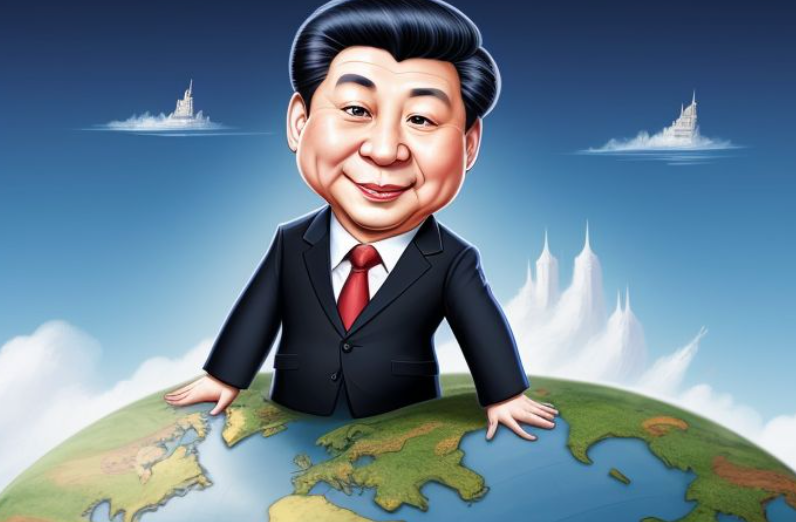$GLD $SLV $FXI
#China #ShanghaiGoldExchange #LME #GoldMarket #Internationalization #PreciousMetals #Investment #GlobalPricing #Finance #EconomicStrategy #Commodities #MarketCompetition
In a significant move towards financial internationalization, the People’s Bank of China along with three other pivotal government departments have unveiled a strategic plan aimed at bolstering the position of the Shanghai Gold Exchange (SGE) on the global stage. This initiative marks a concerted effort to challenge the longstanding dominance of the London Metal Exchange (LME) in controlling the global pricing mechanisms for precious metals. Central to this strategy is the development of infrastructure crucial for international operations, such as establishing warehouses capable of facilitating overseas deliveries. This venture underlines China’s ambition to play a more influential role in the global gold market, reflecting broader economic ambitions on the world stage.
The significance of this development is profound, not only for the global gold market but also for international finance. By investing in the SGE’s internationalization, China is laying down a challenge to the LME’s hegemony in precious metal pricing. Historically, the London market has been the epicenter for global gold trade, setting benchmark prices that are used worldwide. However, China’s move signals an intent to shift some of this influence towards Asia, leveraging the SGE as a powerful counterpart. Such a shift could potentially realign trading patterns and pricing power in the precious metals sector, impacting investors, miners, and economies globally.
Strategically, the introduction of overseas delivery warehouses is a game-changer for the SGE, facilitating smoother transactions for international traders and enhancing its appeal as a global trading hub. This infrastructure development is expected to increase the volume and diversity of transactions conducted through the SGE, contributing to its liquidity and depth as a market. Furthermore, for China, a country with vast gold reserves and a significant stake in gold mining, having a more prominent role in the gold pricing mechanism could offer economic advantages, providing leverage in international trade negotiations and enhancing its financial sovereignty.
This ambitious endeavor by China has far-reaching implications, not only shifting the dynamics within the gold market but also highlighting China’s growing influence in international financial systems. By positioning the Shanghai Gold Exchange as a formidable competitor to the London Metal Exchange, China is not merely challenging existing power structures within the commodities market; it is also making a statement about its role and influence in the broader global financial architecture. As the SGE expands its capabilities and integrates more fully with international markets, stakeholders across the globe will need to pay close attention to these developments, which could herald a new era in the pricing of precious metals and, by extension, in the fabric of international economic relations.






Comments are closed.